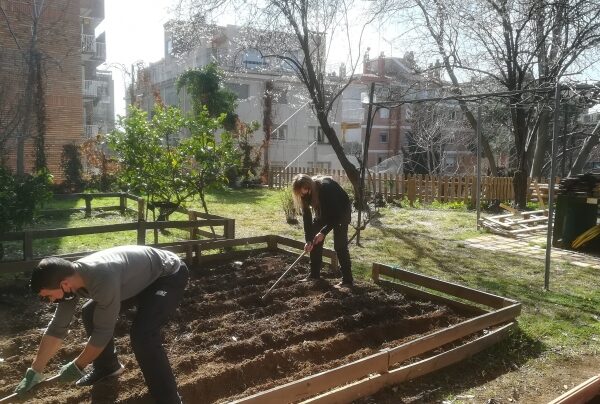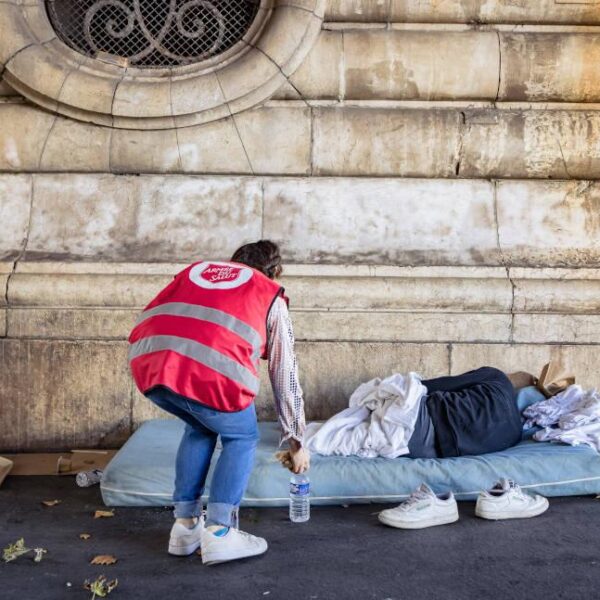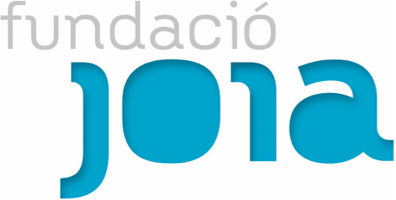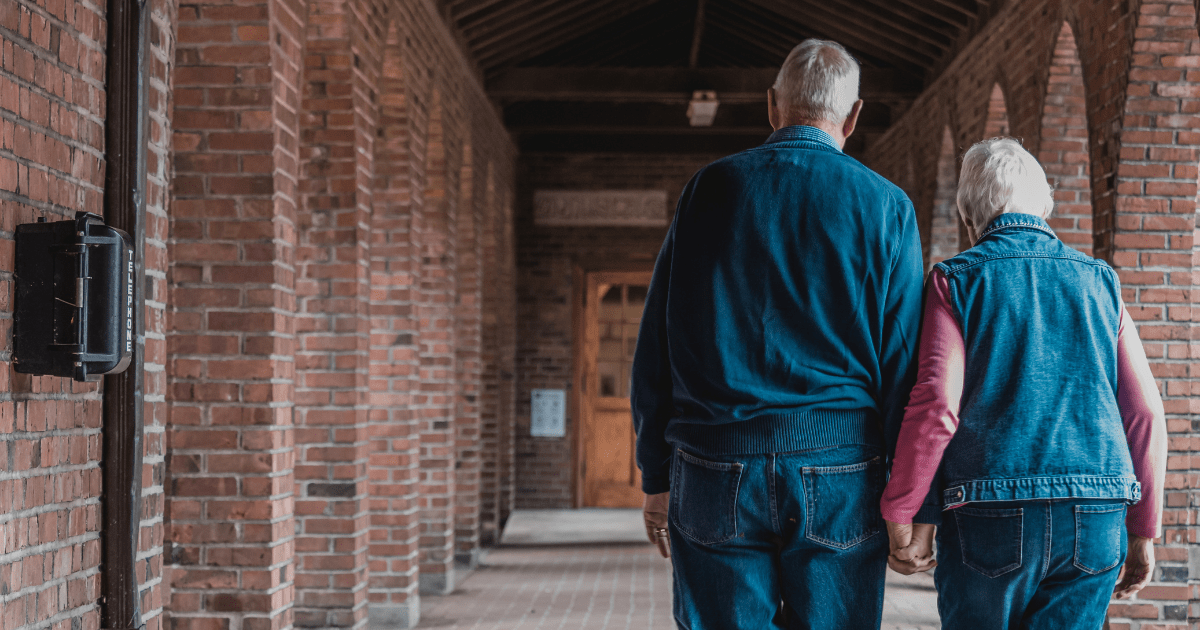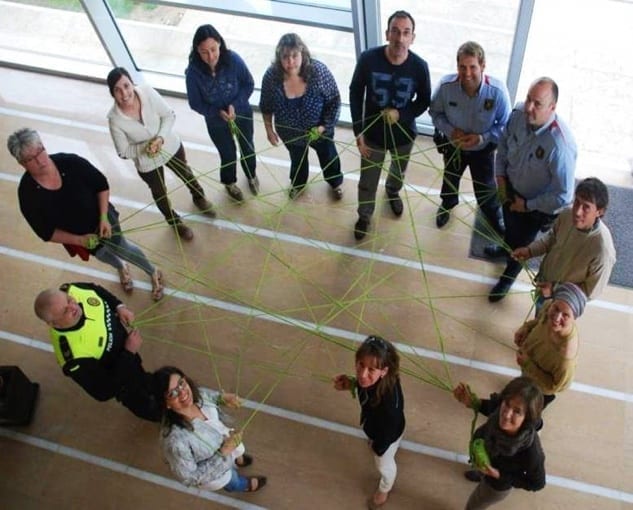eKauri, advanced telecare for elderly people, with disabilities, or in dependency situations
eKauri, advanced telecare for elderly people, with disabilities, or in dependency situations
Association for Independent Living, Eurecat
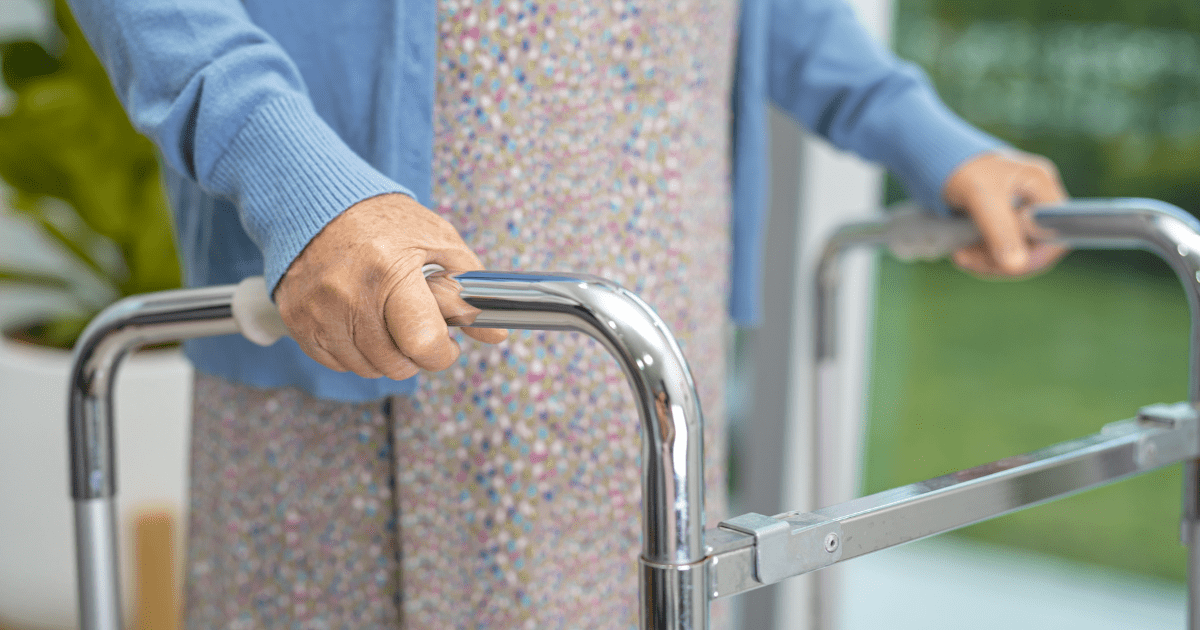
Third-generation teleassistance that improves the quality of life for elderly people, individuals with disabilities, or those in dependent situations.
eKauri is an innovative tool for individuals who live alone or spend many hours alone at home and find themselves in some form of dependency situation. This device provides support to caregivers and family members with the aim of making the home a safer space, without compromising the privacy and independence of the person.
The system learns from the user and their environment by studying their routines and habits, in order to predict the user’s condition and anticipate future problems. eKauri adapts to each home in a personalized way through presence, lighting, and temperature sensors that monitor the attitude, behavior, and habits of the person.
Caregivers and family members receive alerts, summaries, and statistics about the data processed by the tool. Some of the functionalities include recording accessed rooms, exits from home, and sleep monitoring.
Characteristics of innovation
Location
Barcelona, Catalonia
Partners / Funders
Ramon Molinas Foundation, Alzheimer Catalunya Foundation
Genesis
eKauri was implemented between January 1st and December 31st, 2017, driven by the Association for Independent Living and Eurecat. The objective is to enhance the independence of elderly people, individuals with disabilities, or those in dependency situations.
Implementation level
According to data from the INE in 2021, more than two million people over the age of 65 live alone in Spain. This figure represents a 22% increase compared to the last census in 2011. eKauri addresses this reality through tools that enhance the autonomy of users who require care at home, without the need to leave their residence.
eKauri was one of the projects selected in the Research and Innovation call by the La Caixa Foundation in 2017.

